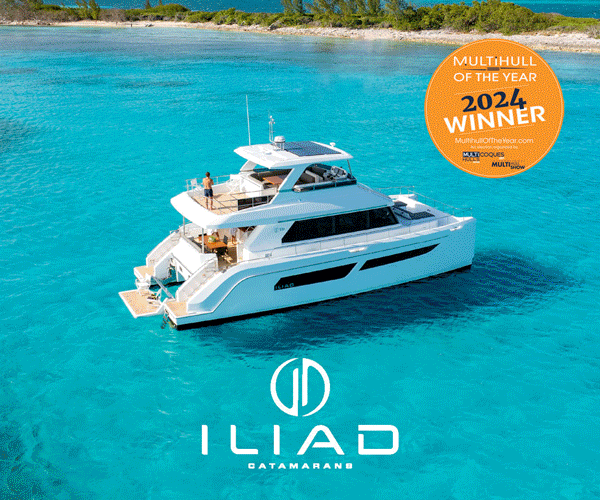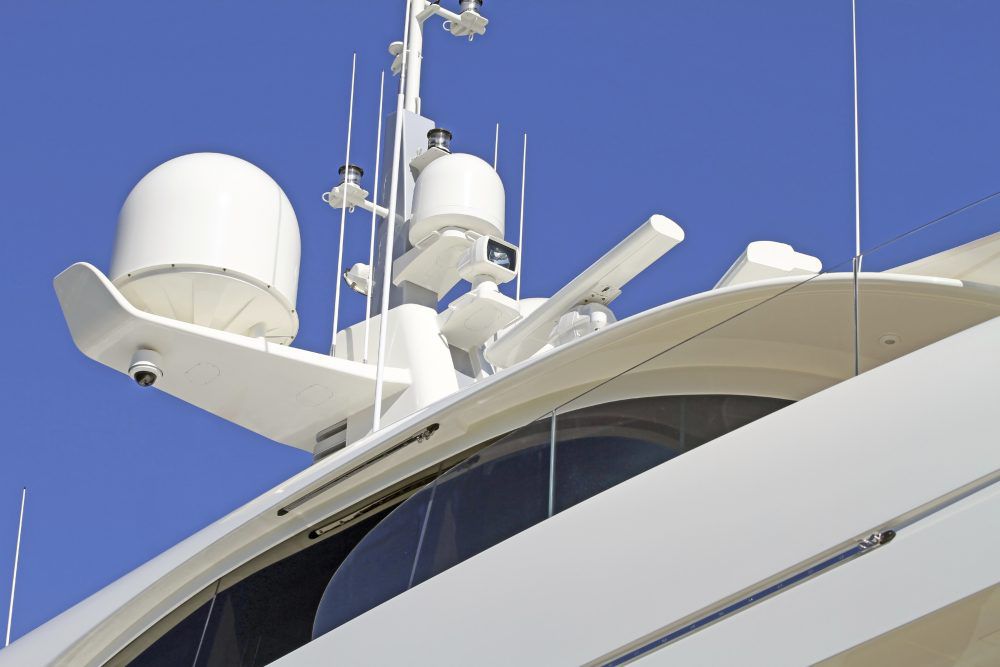Yacht security: safe as houses?
Should you be concerned about your own potential vulnerabilities onboard, both digital and physical?
Photography by iStock
06 July 2017
As yachting becomes more visible in the mainstream media and digital cyberattacks are more widespread, should you be concerned about your own potential vulnerabilities onboard, both digital and physical? Ocean spoke with Innes Miller, Technical Manager at marine security technology firm MarineGuard Systems about increasing risks.
Q. Have you noticed any changes in the interest people are paying to security of superyachts in terms of technology and communications systems? If so, what?
A. We have seen an increasing demand for a high level of security, which reflects the increased global threat level and political uncertainty which are a feature of today’s environment. Requests for diver detection, long-range thermal imaging and personnel tracking as part of systems are showing the increased concern of both third and first party attacks. Enquiries for drone detection and disruption systems are also showing a significant demand; a threat which was not considered by the market until recently.
Q. Do enough people understand the potential threats to their personal and business security in a marine leisure setting?
A. Those clients who have dedicated security teams are already requesting systems to protect against these risks, which tend to be associated with the larger yachts. We are, however, seeing that as the yachts are increasing in size, those with mid-sized vessels tend not to consider the full implications of protecting the family members they may have onboard and therefore are relying on traditional systems to protect them, which may not be effective against trained professional assailants.
Q. What’s the single biggest security threat for superyachts, technologically speaking?
A. In one word, drones. In the last few years the technology has been improving at a great speed, even leisure users can purchase and acquire a device capable of carrying a significant payload over a surprisingly far distance. The flexibility of a drone as an attack device can present significant threats, from unwanted photography to introducing a harmful payload to a vessel.
Q. Are there any exciting new security technologies that you have been or are keen to implement on yachts, and if so what are these?
A. Drone detection and disruption has been an area of significant development and activity, and is still underspecified by those considering yacht security. Another exciting development is personnel and asset tracking systems, utilising wireless technology, which we are currently including in security systems.
Q. If you could give one piece of simple, practical advice that anyone could implement on their boats or yachts to add a layer of protection, what would this be?
A. Security can only be as strong as the yacht design allows it to be, consider security seriously when starting to design the yacht, especially separating crew and guest areas and reducing points of low freeboard with direct access to entry points.
Q. What’s new and on the horizon for MarineGuard?
A. These are exciting times for MarineGuard; with the team expanding in Germany and Holland, there is a buzz of growth and excitement within the team. To accommodate this, we are moving into new premises which in turn will also support our extensive R&D function.








